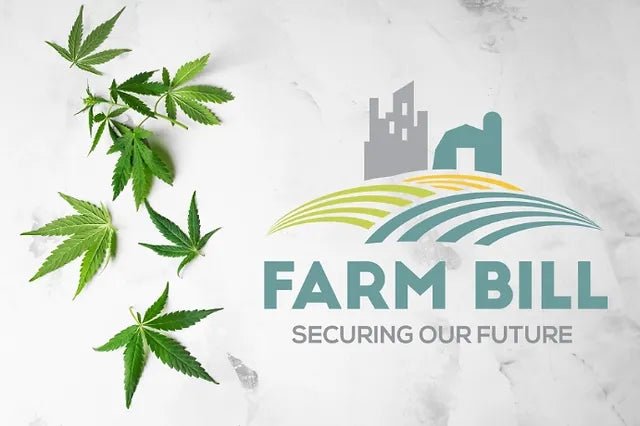The change is part of a host of additions and alterations to the historic marijuana reform law in preparation for the projected Spring 2025 launch of the adult-use cannabis market.

As Minnesota lawmakers and health officials work diligently to establish regulations and guidelines for the state’s highly anticipated recreational marijuana market launch, significant changes are being made to the original legalization law to aid in that process. One of those changes concerns social equity status for military veterans.
During the legislative process leading up to the eventual passage of Minnesota’s adult-use legalization bill, one of the measure’s foundational tenets was installing provisions that prioritized giving social equity applicants a first shot at acquiring the coveted licenses necessary to operate a cannabis cultivation facility or retail dispensary.
One of the main downfalls and criticisms of the ill-fated and ultimately failed “War on Drugs” in America was the horrific damage it perpetrated on poor communities of color nationwide. As a result, many cannabis legalization activists and pro-cannabis politicians made it a point of emphasis to include language in the various state legalization measures to ensure preferential treatment for those victims of the drug wars, which provides for social equity status.
Under the original Minnesota legalization statute, the only current or former military members allowed to apply for social equity status were disabled veterans, current and former National Guard members, and those veterans who had lost their honorable status over cannabis-related offenses.
Other groups eligible to apply for the coveted designation include those individuals convicted of cannabis offenses, family members of convicted cannabis offenders, or those living in disadvantaged areas.
Now, as part of the legislative preparations for launching the adult-use market in Minnesota, lawmakers have made a change to the original law enabling all military veterans to apply for social equity status, giving them a potential leg up on competitors in applying for marijuana business licenses.
Nothing But Hemp’s Founder and CEO, Steven Brown, is a proud military veteran. Following news of the change, he said, “This is really wonderful news. I’m truly excited about the expanded opportunities afforded by the change. I hope it allows many of my fellow vets the chance to work in the new industry. All Minnesotans are looking forward to the recreational market launch. This announcement means there should be an expanded pool of deserving applicants.”
"This is really wonderful news. I’m truly excited about the expanded opportunities afforded by the change. I hope it allows many of my fellow vets the chance to work in the new industry. All Minnesotans are looking forward to the recreational market launch. This announcement means there should be an expanded pool of deserving applicants."
- Nothing But Hemp’s Founder and CEO, Steven Brown
Other additions to this year’s cannabis bill also make social equity applicants eligible for pre-approval of their licenses, allowing some cultivators to begin growing plants early. The goal is to enable SE applicants to start selling products as soon as the first retail stores open (projected for Spring 2025) while non-SE applicants are still setting up their business operations.
The bill also:
- Allows individuals to get medicinal marijuana for any condition a physician deems worthy of a prescription. Previously, only those patients with cancer, HIV/AIDS, or glaucoma were eligible.
- Places caps on the number of licenses for cultivators, manufacturers, and retailers.
- Changes the licensing process from a points-based system to a “random lottery.”
- Provides an exemption to license limits for cities and towns seeking to open municipal cannabis stores.
- Enables bars to sell both THC and alcoholic beverages to the same person, provided they are not visibly intoxicated.
Of course, Governor Tim Walz (DFL), a champion of the original legalization bill, must still sign off on all of the changes before the end of the legislative session. However, State House observers believe his signature is little more than a formality.
Some critical corners are concerned that these changes and additions are mere window dressing, with many believing the deep-pocketed Big Cannabis lobby is already poised to “randomly” receive most of the prized licenses.
The optimistic hope is that while the money from large multi-state operators may be greasing the political wheels of the current process, the integrity of the people in charge will ultimately rule the day, and the genuinely deserving will receive the advantages they deserve. Only time and performance will tell.







































